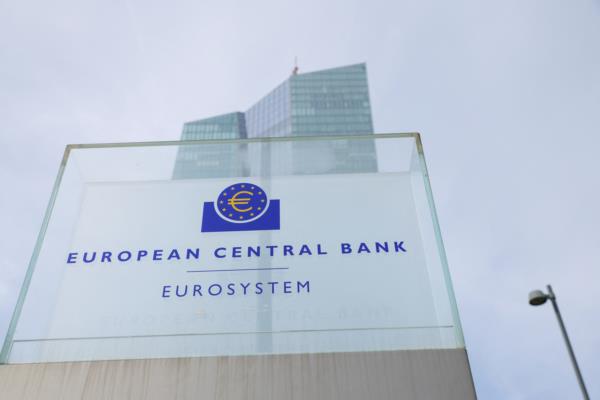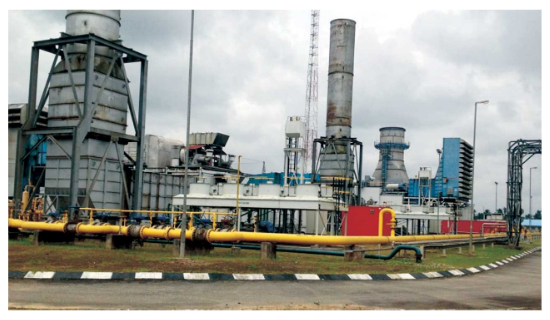ECB Keeps Rates Steady Amid Inflation Concerns
The European Central Bank (ECB) has decided to keep its key interest rate unchanged at 3.75%, following a quarter-point cut in June.
This decision was made as the European Central Bank’s rate-setting council and President Christine Lagarde aim to ensure that stubborn inflation is firmly under control before considering any further rate reductions.
Join our WhatsApp ChannelLagarde emphasised, “The question of September and what we do in September, is wide open and will be determined based on all the data that we will be receiving ahead of the meeting.”
Impact on Borrowers and Businesses
This decision means that home buyers and businesses in Europe will have to wait until at least the bank’s September meeting for any potential relief in borrowing costs.
“Of course, we have to take into account the consequences of, for instance, the increase in tariffs or policies that are determined outside of the euro area by any country with which we have either strong trade or financial links,” Lagarde said during her post-decision news conference.
Inflation and Economic Growth
Inflation in the eurozone has decreased from a peak of 11.6% in October 2022 to 2.5% in June 2024, approaching the ECB’s target of 2%.
However, inflation has remained between 2% and 3% for months, indicating that the last phase of controlling inflation has been challenging.
Lagarde pointed out that “obviously, given the size of the US financial markets in particular, the developments taking place in the United States will be very carefully assessed to see what consequences it might have on the European Union and on the euro area in particular.”
Comparison with the U.S. Federal Reserve
The European Central Bank’s approach mirrors that of the U.S. Federal Reserve, which is also expected to hold off lowering rates at its upcoming meeting in late July.
However, the Fed appears closer to reducing rates compared to the ECB. Fed Chair Jerome Powell recently stated that the Federal Reserve is becoming more confident that inflation is moving towards its 2% target.
“Recent figures do add somewhat to confidence that inflation is slowing sustainably,” Powell noted.
Challenges and Outlook
Higher interest rates have cooled demand for goods and services, contributing to a decline in inflation. However, this has also led to slower economic growth in the eurozone.
The gross domestic product grew by a modest 0.3% in the first quarter of the year, following months of stagnation.
Additionally, the higher rates have impacted the housing market, particularly in countries like Spain and Ireland, where many homeowners have adjustable-rate mortgages.
Despite these challenges, the ECB can point to a robust job market with low unemployment as evidence that higher rates have not pushed the economy into a recession.
The central bank’s cautious approach reflects the complexity of balancing inflation control with economic growth.
Future Rate Cuts: Still Uncertain
Lagarde did not commit to a rate cut in September, highlighting the ECB’s careful consideration of incoming data.
Borrowers and businesses looking for lower interest rates will need to stay tuned for the ECB’s next moves, which will be influenced by various economic indicators and global financial developments.
Emmanuel Ochayi is a journalist. He is a graduate of the University of Lagos, School of first choice and the nations pride. Emmanuel is keen on exploring writing angles in different areas, including Business, climate change, politics, Education, and others.
- Emmanuel Ochayihttps://www.primebusiness.africa/author/ochayi/
- Emmanuel Ochayihttps://www.primebusiness.africa/author/ochayi/
- Emmanuel Ochayihttps://www.primebusiness.africa/author/ochayi/
- Emmanuel Ochayihttps://www.primebusiness.africa/author/ochayi/



















Follow Us